Hi friends!
Here are some of my favorite books this year. While I wanted to choose five nonfiction books and five fiction books, I found myself taking on more fiction this year than usual. I usually enjoy reading both equally, but it just happened this way.
Without further ado, here they are in no particular order:
Enter Ghost by Isabella Hammad
“Haneen once compared Palestine to an exposed part of an electronic network, where someone has cut the rubber coating with a knife to show the wires and currents underneath. She probably didn’t say that exactly, but that was the image she had brought into my mind. That this place revealed something about the whole world.”
Enter Ghost follows a Palestinian actress called Sonia while she participates in a Hamlet production in Palestine. While the play isn't intended to come across as politically charged, it quickly becomes one after several attempts by the Israeli army to prevent it from taking place.
Sonia grew up in the UK and has spent most of her life, except for a few vacations, away from her country. She constantly compares herself to her sister who lives in their original town and teaches sociology at university. As compared to her sister, she feels she's not involved enough in the Palestinian cause. Also, she doesn’t understand her family and origin country that well, and by not living there she feels left out.
By acting in this Hamlet production she finds herself connected to her land and understands that art is political and can provoke change. Being an actress can also be a powerful act of resistance.
And we as readers feel she can finally let go of feeling guilty about her choices and be able to reconcile her life in the UK with the life she could have lived in Palestine.
The Bell Jar by Silvia Plath
“If neurotic is wanting two mutually exclusive things at one and the same time, then I'm neurotic as hell. I'll be flying back and forth between one mutually exclusive thing and another for the rest of my days.”
Esther is a young girl doing an internship for a magazine in New York. Despite her desire to be a writer, she is struggling with depression, unable to read or write, her most treasured activities. There are many interesting aspects to this book, which is loosely based on Silvia Plath's life and explains how depression was treated in asylums during the 1940s and 1950s.
Her inquietude about her future choices and aversion to becoming a housewife was quite relatable. It's certainly a well-written and easy book to read. No wonder it is a classic.
Man's Worldly Goods by Leo Hubmann
In early feudal society economic life went on with very little use of money. It was an economy of consumption, in which each manorial village was practically self-sufficing. If someone asks you what you paid for your new overcoat, the chances are a hundred to one that you will give him an answer in dollars and cents. But if that same question were asked you in the early period of the Middle Ages, the chances: are equally as good that you would have answered, “I made it myself.”
In this nonfiction book, economic theories are explored alongside historical events. It starts with capitalism's beginning and the end of feudalism. It illustrates how incredible fortunes have grown since European commerce started in this period. It moves on to mercantilism, colonialism and the industrial revolution. It ends exploring the turbulent beginning of the 20th century: the wars, the Russian revolution, and the 1929 economic crises.
This book is almost 100 years old, having been published in 1936, but it is still very readable and interesting. Of course some things seem anachronistic, (especially as he talks about Socialism), but it is packed with a lot of information for its size: it's only around 220 pages.
This book is well worth your time if you are interested in the history of the world and how it got to this point economically where everything revolves around profits.
Cloud Atlas by David Mitchell
“Our lives are not our own. We are bound to others, past and present, and by each crime and every kindness, we birth our future.”
It took me a long time to decide to read this book because I remember hating the movie when it launched in the early 2000s. Now, I guess I have to rewatch, because I really enjoyed this book.
Cloud Atlas tells the story of six very different characters living in different times. The stories even have various genres, like mystery, adventure, thriller and Sci-Fi. Still, it has a common thread: all characters fight against the system they live in.
Although it can seem like all for nothing at times, the book reminds us that our actions have a profound impact on the future.
Crying in the H Mart by Michelle Zauner
“In fact, she was both my first and second words: Umma, then Mom. I called to her in two languages. Even then I must have known that no one would ever love me as much as she would.”
Due to a cancer diagnosis, Michelle has to return home to care for her mother in Oregon. It turns out that everything she avoided by being half-Korean was exactly what she craved when it came to reconnecting with her mom during her last months.
The memoir recounts Michelle Zauner's experiences growing up as one of the few Asian American students at her school; of struggling with her mother’s particular, high expectations of her; of a painful adolescence; of treasured months spent in her grandmother’s tiny apartment in Seoul, where she and her mother would bond, late at night, over heaping plates of food.
It is a compelling read, discussing topics such as cancer, taking care of your parents, how missing someone who died doesn't mean they were flawless, and grief. Also, the experience of being an immigrant or the daughter of an immigrant. How it feels to be divided. One person with two different cultures and families in far away places.
‘Exterminate all the Brutes’ by Sven Lindqvist
“Too many Europeans interpreted military superiority as intellectual and even biological superiority.”
This book is very well-written and easy to read, although it will certainly make you angry.
Lindqvist mixes his own travel diary through the Sahara, with other writers' accounts, mainly Conrad Grant and his character's line calling to ‘exterminate all the brutes’, in The Heart of Darkness. He also describes different “civilizational” expeditions done in different countries such as Congo, Algeria, Benin and Nigeria, by Belgians, French and English.
He brings many quotes from colonial times, from Cuvier and Darwin to Churchill to illustrate European attitudes about Africans and how that legitimized the colonization process. Even if you think you have an idea of how this will unfold, I still recommend reading it. It will certainly open your eyes to a topic usually hidden in history books.
The Anthropocene Reviewed by John Green
“I'll never again speak to many of the people who loved me into this moment, just as you will never speak to many of the people who loved you into your now. So we raise a glass to them--and hope that perhaps somewhere, they are raising a glass to us.”
Based on a podcast with the same title, this book is filled with a collection of essays of reviews about every day life. John Green reviews different facets of the human-centered planet—from the QWERTY keyboard and Mario Kart to grass—on a five-star scale.
I love John Green. He writes and talks in a very sensitive way. His essays convey new knowledge about topics while still presenting them as relatable and human. It is clear from reading this book that although we are facing many problems, John Green still believes we are mostly a force for good.
Welcome to the Hyunam-Dong Bookshop by Hwang Bo-Reum
“Every one of us is like an island; alone and lonely. It's not a bad thing. Solitude sets us free, just as loneliness brings depth to our lives. In the novels I like, the characters are like isolated islands. In the novels I love, the characters used to be like isolated islands, until their fates gradually intertwined; the kind of stories where you whisper, 'You were here?' and a voice answers, 'Yes, always.”
I loved this book. So much so that it was hard to chose just one quote from it. I think it came at the right time in my life.
Welcome to the Hyunam-Dong Bookshop is a charming story about a woman called Yeongju who, feeling lost in her life, finds solace in owning a small, hidden bookshop in Seoul. As she navigates her own uncertainties, the bookshop becomes a place of healing, growth, and a reminder of the simple yet profound connections that a place can forge.
The book talks a lot about our relation to work, other's expectations of us and how we can make friends and connections through what we love, in this case, books.
Kafka on The Shore by Haruki Muramaki
“Every one of us is losing something precious to us. Lost opportunities, lost possibilities, feelings we can never get back again. That’s part of what it means to be alive.”
Kafka on the Shore is probably the most read Japanese book in the world. It is filled with the sense that we cannot escape our destinies. It tells the story of Kafka Tamura who runs away from home at fifteen, under the shadow of his father's dark prophecy. It also tells the story of Nakata, an older man with mysterious powers. Both of them are on interconnected journeys, which feel unstoppable.
This is such a fascinating book. It encapsulates so much of our living experience and fills you with curiosity to see where Haruki Muramaki wants to take us. Worth all the praise it has received and without a doubt a bestseller.
Intermezzo by Sally Rooney
“Nonetheless, it is better to feel hopeful and optimistic about one’s life on earth while engaged in the never-ending struggle to pay rent, than to feel despondent and depressed while engaged in the same non-optional struggle anyway.”
Last but not least, Intermezzo. It explores family relationships and how they shape how we view the world and relate to others. Through three narrators, brothers Peter and Ivan and Ivan’s new love interest Margaret, Rooney writes about relationships filled with grief and power dynamics.
Each narrator feels very different in their way of thinking and you can easily tell in each chapter who is who.
In Intermezzo Rooney looks not only at complex romantic entanglements, but also at the relationship between two very different brothers who struggle to connect with each other and manage their grief after their father's death.
Extra: those are the ones I'll probably read next:





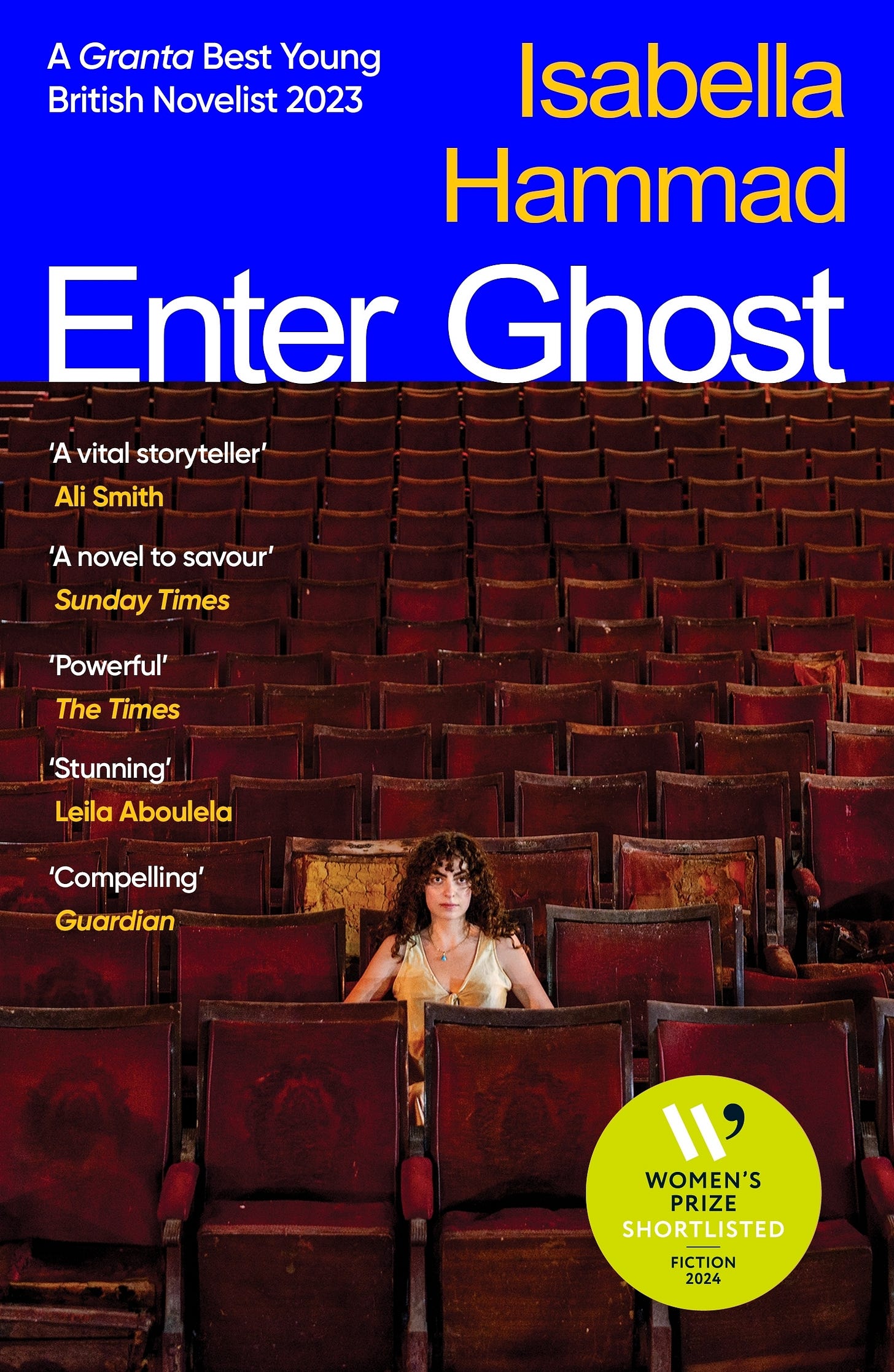

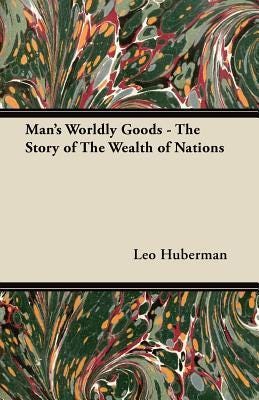

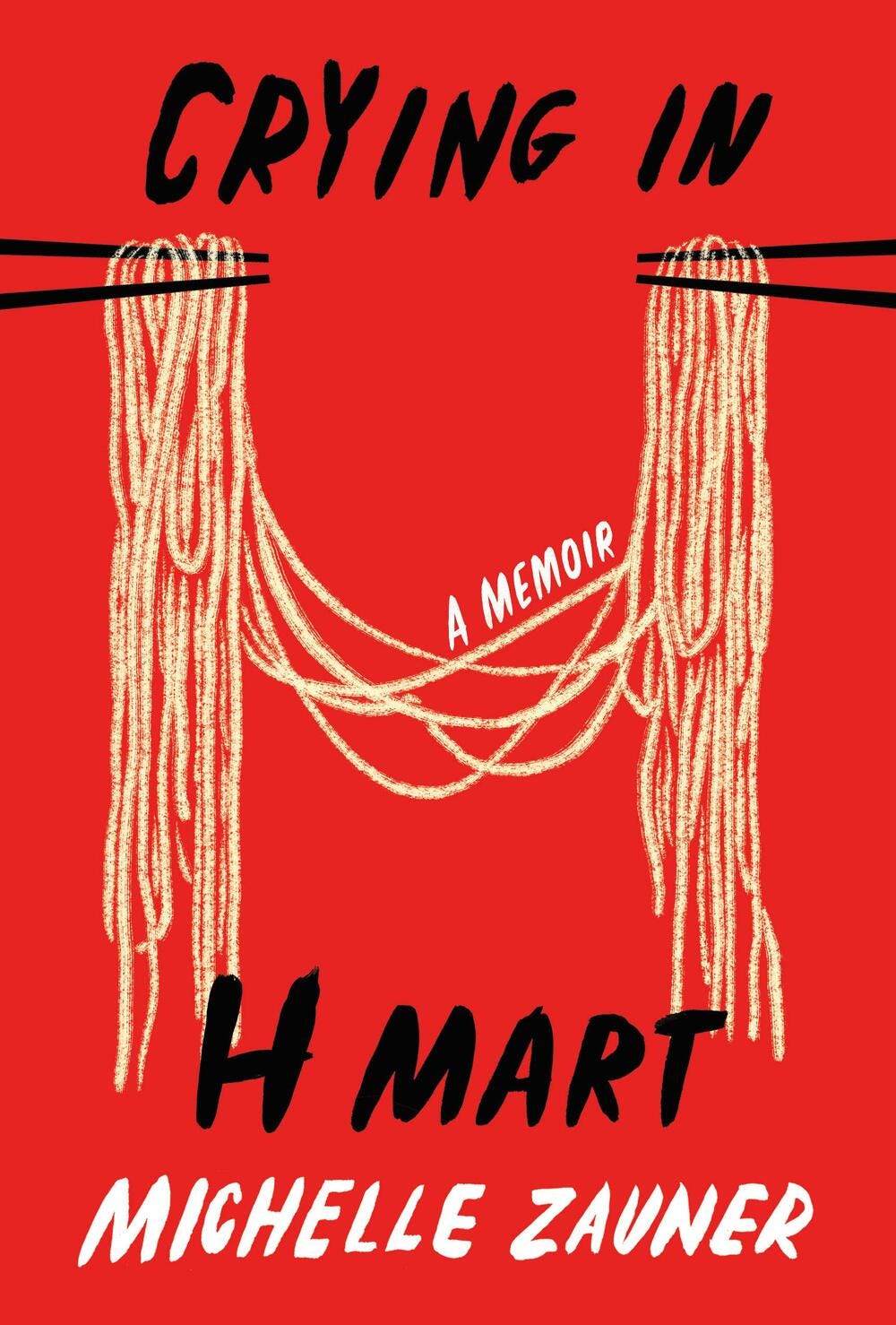

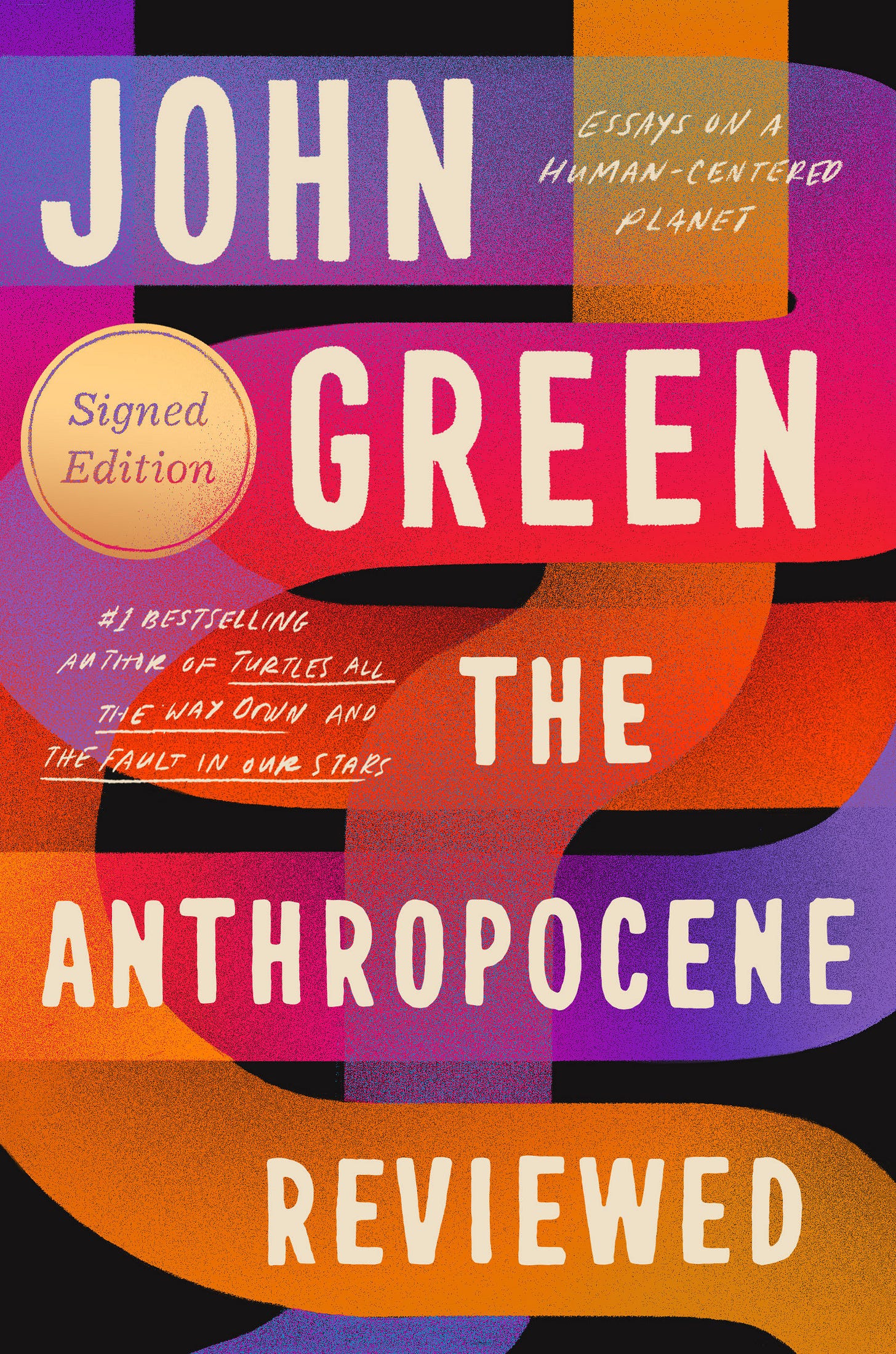

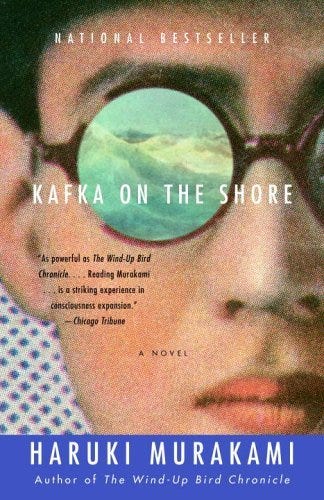
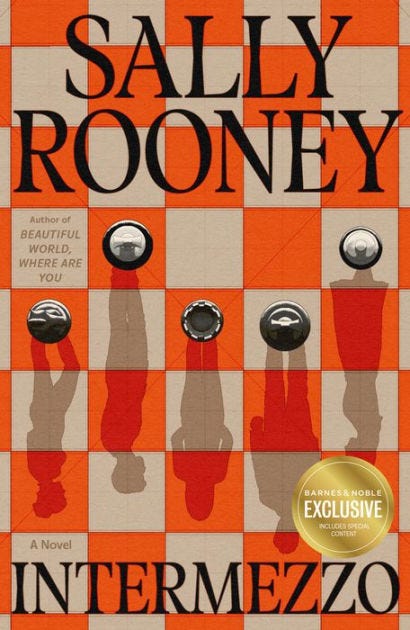
Cloud Atlas is a masterpiece!
I loved Enter Ghost! And I think Intermezzo will be a top read when I get to it this year. Hope you enjoy your next reads!